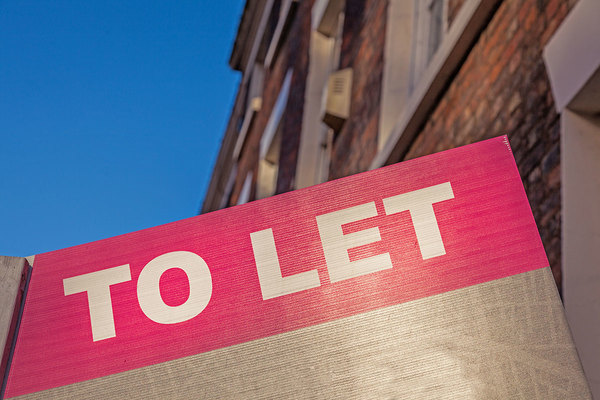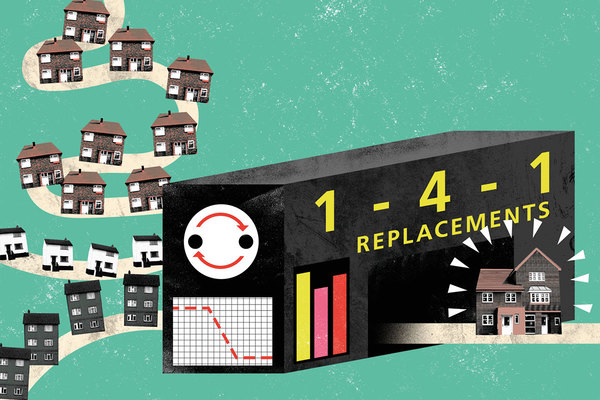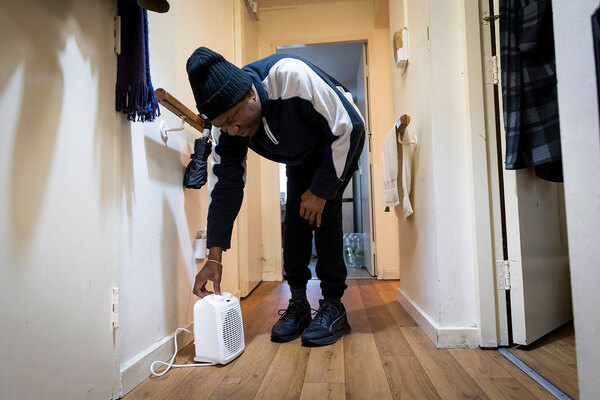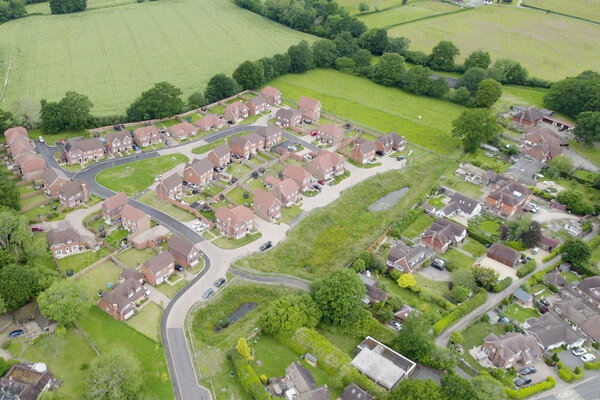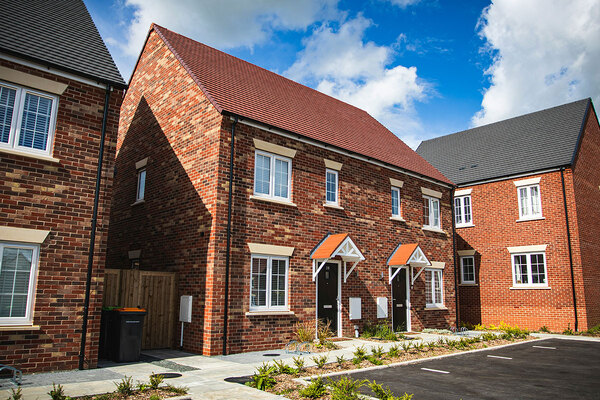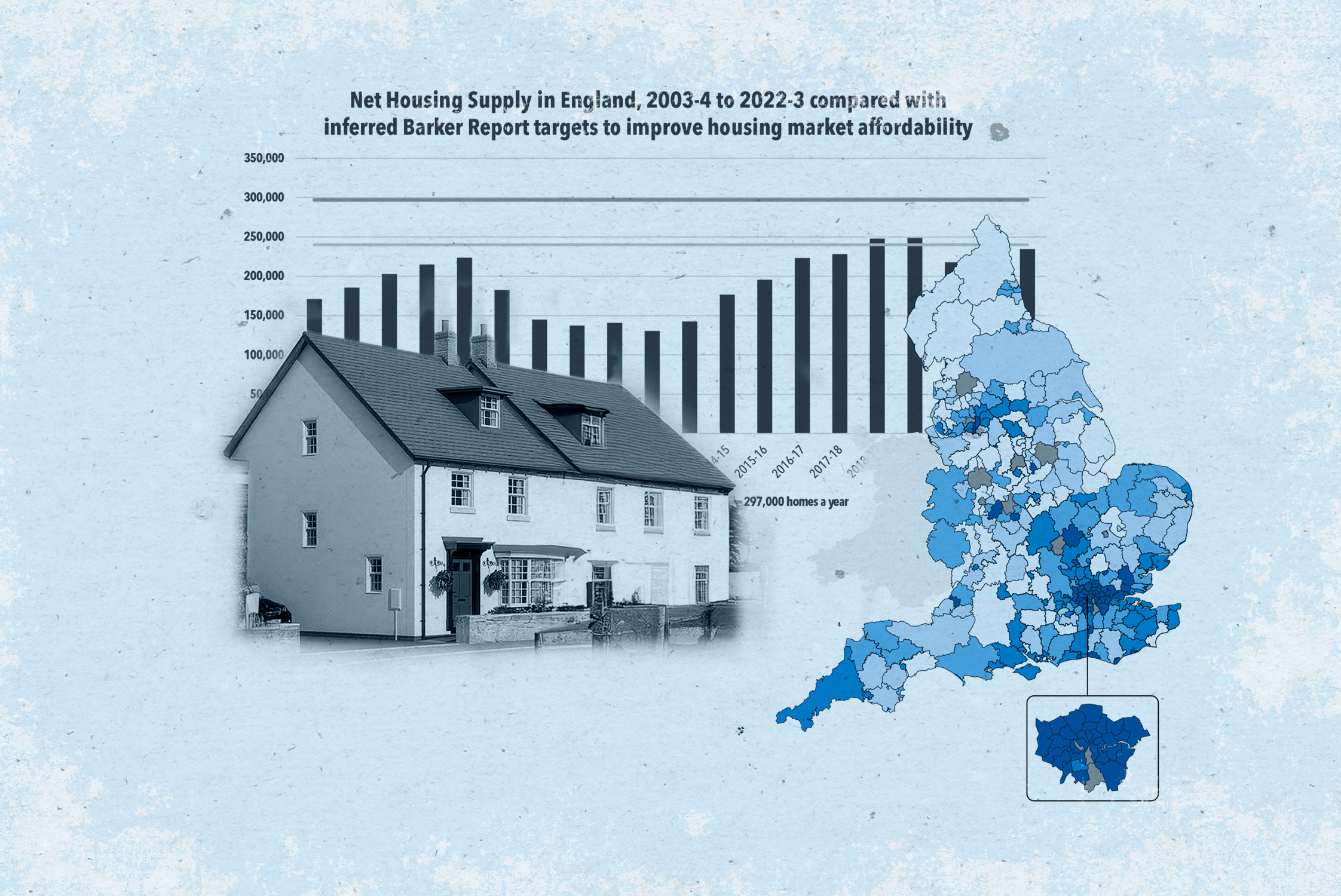You are viewing 1 of your 1 free articles
 Leo Pollak
Leo PollakHow we will attempt to restrict high rents on Right to Buy re-lets
Southwark Labour Party campaigned on a promise to ensure former Right to Buy homes are let at an affordable level. Leo Pollak explains the council’s latest thinking on how this could be achieved
The removal of the Housing Revenue Account (HRA) borrowing cap, and the government’s upcoming response to the Right to Buy replacement consultation is bringing into relief the need to address other components of government housing policy that hinder councils’ ability to meet the housing needs of their residents, not least the Right to Buy.
Since the coalition government deepened the discount on Right to Buy homes in 2012 Southwark has seen more than 1,300 homes lost as council housing through the Right to Buy, and then often let out at private market rates sometimes three or four times the level of rent they were originally intended for.
Based on leaseholder away addresses and household data sets it’s predicted that anywhere between 30% and 55% of our 16,000 leaseholder homes in Southwark are now privately let.
That so many ex-local authority homes, built to meet identified local need, and fully self-financed by local taxpayers and ratepayers, are now often being let to the very people council housing exists for is an absurdity that we are eager to unravel.
“Anywhere between 30% and 55% of our 16,000 leaseholder homes in Southwark are now privately let.”
In lieu of the ultimate wish we have of the government, which is to devolve to councils the right to suspend the Right to Buy where local need is acute, there are three proposals we are advancing for mitigating the impact of Right to Buy on our council housing stock, which run as follows:
1. Covenants requiring any subletting at social rent levels
The 2018 Southwark Labour manifesto committed to “introducing provisions so that absentee leaseholders must let at affordable rents”.
The idea is straightforward – to assess the extent we can either compel or otherwise ‘positively enable’ a lock against the conversion of social rent to market rent housing in our borough by applying covenants in new Right to Buy leases that limit any subsequent letting to social rent levels.
We are currently deciding between two approaches to implementing this.
Under one of these, we would enable this covenant by offering two template leases to Right to Buy applicants, with incentives and pointers to take the one with the covenant, offered as a ‘social rent yield guarantee’ with the council acting as letting agent.
The other approach is to compel such a social rent subletting covenant in new Right to Buy leases (on which we are currently assessing what degree of legal risk comes attached).
2. ‘One in, one out’ for council housing stock
The principle of maintaining and expanding the overall stock of social rent-level housing is established in estate regeneration guidance set at national and London level for like-for-like replacement of any demolished homes.
Applying this principle can work by capping the number of Right to Buy applications a borough can process in one year based on the number of council homes completed in the previous year (and so incentivising the government to go beyond increasing lifting the borrowing cap, to increasing grant, allow full reuse of Right to Buy receipts and reforming compulsory purchase orders to provide new land assembly powers for the purpose of building council homes).
3. Claw back the discount
Applying the principle that a local authority home is a local authority home, and that its value is as an asset held for the public good, this idea would see a title charge applied to the lease requiring a sum to be repaid to the council equivalent to the depth of the discount.
The sum would be earmarked as a Right to Buy receipt required for like-for-like replacement.
As the government prepares to remove the HRA debt cap to help councils expand their housebuilding ambitions, it’s important that a basic principle – of connecting housing supply to housing need – be restored, and only an overhaul of the Right to Buy will restore that principle.
Leo Pollak, cabinet member for social regeneration, great estates and new council homes, Southwark Council
